Current Team
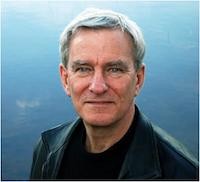
David Stark is Arthur Lehman Professor of Sociology at Columbia University where he directs the Center on Organizational Innovation. Stark studies how organizations and their members search for what is valuable. Dissonance - disagreement about the principles of worth - can lead to discovery. To study the organizational basis for innovation, he has carried out ethnographic field research in Hungarian factories before and after 1989, in new media start-ups in Manhattan before and after the dot com crash, and in a World Financial Center trading room before and after the attack on September 11th. Stark's current research employs large datasets to study the social sources of creativity. Supported by a major grant from the National Science Foundation (with Co-PI Balazs Vedres), his research team is developing network analysis to examine the historical structures whereby teams assemble, disassemble, and resassemble. They are currently analyzing data on every commercially released video game (some 28,000 video games involving an estimated 310,000 unique invididuals) and approximately 40,000 jazz recording sessions involving some 400,000 musicians).
His book, The Sense of Dissonance: Accounts of Worth in Economic Life, was published by Princeton University Press in 2009. His most recent book, This Place, These People (with photographer Nancy Warner) was published by Columbia University Press in 2013.
Stark was named a Guggenheim Fellow in 2002. He has been a visiting fellow at the Ecole des Hautes Etudes en Sciences Sociales in Paris; the Max Planck Institute for the Study of Societies in Cologne; the Institute of Advanced Study in Durham, UK; the Russell Sage Foundation in New York City; the University of Canterbury in Christchurch, New Zealand; the Center for Advanced Study in the Behavioral Sciences in Palo Alto; the Institute for Advanced Study/Collegium Budapest; the Center for the Social Sciences in Berlin; the Netherlands Institute for Advanced Study; and the Institute for Human Sciences in Vienna. He received an Honorary Doctorate from the Ecole Normale Superieure - Cachan in 2013.
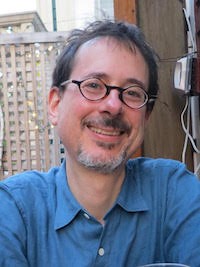
Jonathan Bach is Professor of Global Studies at The New School in New York. His research interests include the workings of memory, material culture, and urban space in situations of rapid social transformation with a focus on Germany and China. Books include What Remains: Everyday Encounters with the Socialist Past in Germany (Columbia University Press), and, as co-editor, Learning from Shenzhen: China’s Post-Mao Experiment from Special Zone to Model City (University of Chicago Press) and Re-Centering the City: Global Mutations of Socialist Modernity (UCL Press). His articles have appeared in, among others, British Journal of Sociology, Cultural Anthropology, Theory, Culture & Society, Public Culture, Cultural Politics, and Philosophy and Social Science.
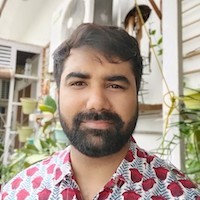
Ankit Bhardwaj is a Ph.D. student in Sociology at New York University. His research interests include environmental sociology, and the sociology of science, knowledge, and technology. He is currently studying political interactions over low-carbon futures: how we come together to make sense of, with tools such as calculative projections and narratives, plausible actions to reduce greenhouse gas emissions. His past work studied how bureaucrats, businesses, engineers, and organized citizens tussled over multiple, often conflictual interests, to respond to climate change in Indian cities. His work has been published in Environmental Politics, Environmental Research Letters, Environment & Planning E: Nature and Space, Energy Research & Social Science, and WIREs Climate Change. Before joining NYU, Ankit received his B.ASc in Civil Engineering from the University of Toronto, and an M.Sc in City Design and Social Science from the London School of Economics and Political Science, and was based at the Centre for Policy Research, New Delhi.
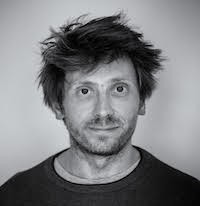
Pieter Vanden Broeck is a postdoctoral researcher and visiting scholar at Columbia University. His research interests cover economic sociology, sociology of education and globalization studies, with a particular attention to organizational forms that break away from the national project of modern states. In his current research, he studies how digital learning platforms shift the role distribution in education, making new modes of expertise imperative. He received his doctorate from the University of Louvain, Belgium.

Ari Galper is a PhD student in Sociology at Columbia University. His research addresses the influence of new forms of science and technology on knowledge, expertise, and organizations. He holds a BA in Sociology from Reed College and an SM in Management Research from the MIT Sloan School of Management.
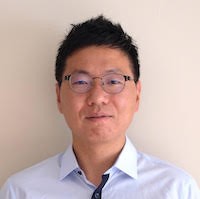
Byungkyu (BK) Lee is an Assistant Professor of Sociology at Indiana University. He received his PhD from the Department of Sociology at Columbia University with the Robert Merton Award for Best Dissertation. He has been using causal inference, network analysis, and machine learning methods to study social divisions, political polarization, and social determinants of health.
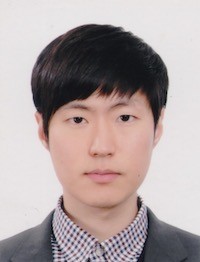
Seungwon Lee is a Ph.D. student in Sociology at Columbia University. He investigates the interplay of social networks and culture using computational methods to explain diverse social dynamics. His dissertation project investigates criticisms in social science to understand the causes and consequences of criticisms in the field. He answers this question from three conceptual perspectives: status hierarchy, social/cultural networks, and innovations. His other researches include spatial diffusion of Romantic Nationalism in the 19th century Europe; comparing the causal effects of governmental research funding on scientists of different gender and status; topology of positive and negative everyday judgments of Americans; network homophily based on brain structures of elderly people; and contingent nature of network ties as a health determinant.
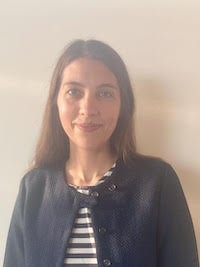
Lina Moe’s research interests include the history and consequences of economic inequality, the evolution of work, employee status, and workplace institutions, and the intersection of public movements and economic thought. Her public advocacy work has supported legislative efforts to raise the minimum wage in New York, regulate the classification of workers as independent contractors, and set minimum pay standards for for-hire drivers. Her work also includes a focus on economic sociology and science and technology studies, investigating online platform economies and the intersection between public and private technology research. As part of an NSF-funded interdisciplinary group at Rutgers University, she studies the regulation of emergent technologies and the evolution of lab organization and collaboration among robotics and AI researchers and public policy planners. She holds a PhD from Yale University and an M.A. from The New School.
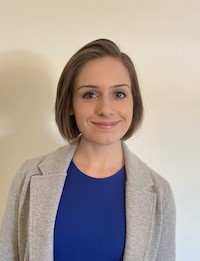
Rose See is a Communications PhD student at Columbia Journalism School who studies the alt-right and alt-tech movements in the US. Her research interests concern how conspiratorial and extremist political groups use digital technologies for epistemic, cultural, and political projects. Rose is particularly interested in how tech policy regarding disinformation and hate speech influences the practices and epistemologies of conspiratorial and extremist communities. Drawing on a background in anthropology, Rose employs qualitative and ethnographic methods to study how digital communities work with, around, and/or against algorithms and digital platforms. Previously, Rose wrote a thesis on the analytical and cultural practices of the QAnon movement in 2018. She worked in the legal industry before starting her PhD.
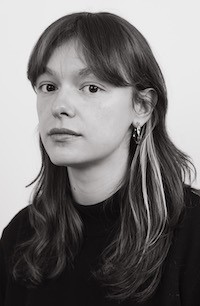
Anna Thieser is a PhD student in Sociology at Columbia University. Her research interests include technology, work, collaboration on the internet and science and technology studies. She currently works on a project about the governance of protocol maintenance and development on the Ethereum blockchain. She holds a BA in social sciences from Humboldt University in Berlin and an MA in sociology from The New School for Social Research in New York City.
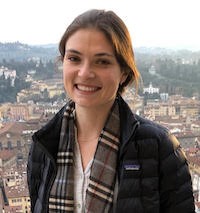
Amy Weissenbach is a PhD student in Sociology at Columbia University. She interested in sociology of knowledge, inequality, narrative, and text analysis. Her current work focuses on how people narrate crisis in appeals. She received a BA with honors in English Literature from Stanford University, and an MPhil in History, Philosophy, and Sociology of Science, Technology, and Medicine from the University of Cambridge.
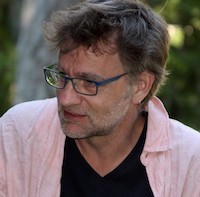
Josh Whitford is an Associate Professor of Sociology at Columbia University. Josh Whitford’s interests include economic and organizational sociology, comparative political economy, economic geography, and pragmatist social theory. His research focuses on the social, political and institutional implications of productive decentralization (outsourcing) in manufacturing industries in both the United States and Europe. He is especially interested in the causes and consequences of, but also fixes for, a series of “network failures” that he has shown to be endemic to decentralized production regimes. Whitford joined the Columbia Sociology faculty as an Assistant Professor in 2004 after a year at the Max Planck Institute for the Study of Societies and is also a faculty affiliate at the Center on Organizational Innovation. In February 2007, he was named an Industry Studies Fellow by the Alfred P. Sloan Foundation. Whitford is the author of The New Old Economy: Networks, Institutions and the Organizational Transformation of American Manufacturing(Oxford University Press 2005) and has written numerous articles. He is currently working on a book on the general theory of the network failure (with Andrew Schrank), a book on Fiat Auto’s merger with Chrysler (with Francesco Zirpoli and Markus Becker), and a project exploring affinities between pragmatist and neo-Polanyian approaches to the study of economic activity.
